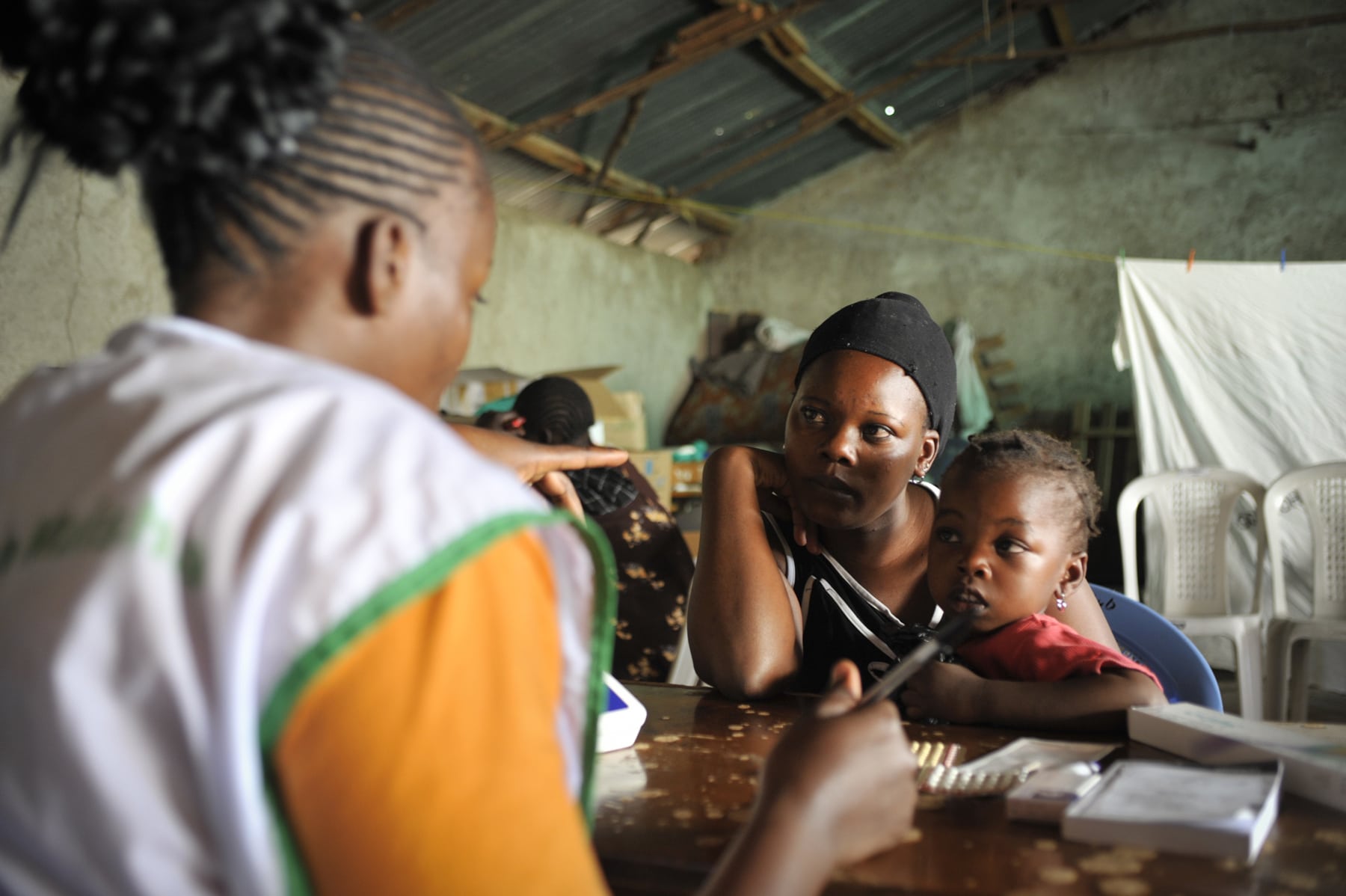The goal of the MLE project was to promote evidence-based decision-making in the design of integrated family planning and reproductive health interventions for the Urban RH Initiative. This was done by identifying and documenting evidence-based interventions and best practices for providing family planning and reproductive health services and sharing information about promising approaches with policymakers, program managers and researchers.
Key results:
A comparison of data from baseline and endline surveys from the Urban Reproductive Health Initiative showed that all four of the countries using the program saw a rise in modern contraception use.
- 8 percent increase in modern method adoption in Nigeria
- 6 percent increase in Kenya
- 15 percent increase in Senegal
- 7 percent increase in India
Evaluations at the mid-point of the project allowed for programmatic changes part way through implementation. In Senegal, for example, there were initially 19 interventions. After evaluating the impact of those, it was discovered that only six were necessary.


